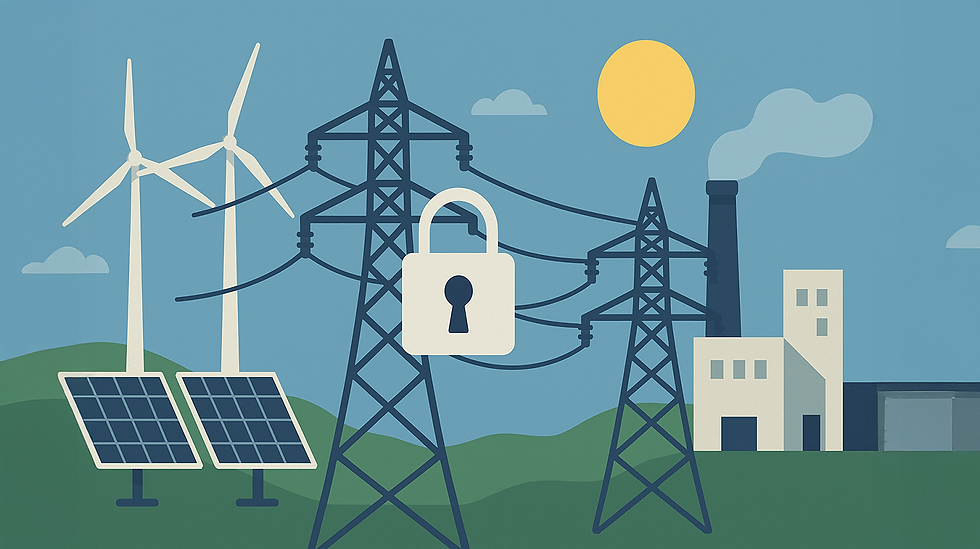Part 1: The Myth of Plastic Recycling
- Yaein Choi

- Jun 1, 2024
- 2 min read
For decades, the notion that plastic is recyclable has been ingrained in our minds, driven by powerful marketing campaigns and widespread environmental awareness efforts. The familiar recycling symbol, with its chasing arrows, is ubiquitous on plastic products, giving consumers the sense that by sorting their waste, they are contributing to a sustainable future. However, the reality is far more complex and troubling. This blog post delves into the reasons why plastic recycling is largely a myth, perpetuated by misleading marketing.
The idea that plastic is recyclable was largely popularized in the 1980s. During this time, plastic production skyrocketed, leading to increased environmental concerns. In response, the plastic industry launched extensive marketing campaigns to convince the public and policymakers that plastic waste could be managed sustainably through recycling. These campaigns were designed to alleviate growing concerns about plastic pollution, ensuring the continued production and consumption of plastic products.
In truth, only a small fraction of plastic is recycled. According to studies, less than 10% of all plastic ever produced has been recycled. This is due to several factors, including the complexity of sorting different types of plastic, contamination of recyclable materials, and the economic infeasibility of processing low-quality plastics. Unlike materials like glass and aluminum, plastic degrades in quality each time it is recycled, limiting its recyclability.
The economics of plastic recycling are also a major barrier. It is often cheaper to produce new plastic from raw materials than to recycle used plastic. Additionally, the infrastructure required to effectively recycle plastic is lacking in many parts of the world. Sorting facilities struggle to keep up with the variety of plastics in circulation, and many recyclable plastics end up in landfills or incinerators. The promise of recycling has, in many ways, been a convenient distraction from the need to reduce plastic production and consumption.
The myth of plastic recycling has been perpetuated by a combination of industry interests and public willingness to believe in simple solutions to complex problems. Understanding the limitations and challenges of plastic recycling is crucial for developing more effective strategies to combat plastic pollution. In the next part, we will explore the environmental and societal impacts of this recycling myth and discuss potential pathways towards a more sustainable future.




Comments